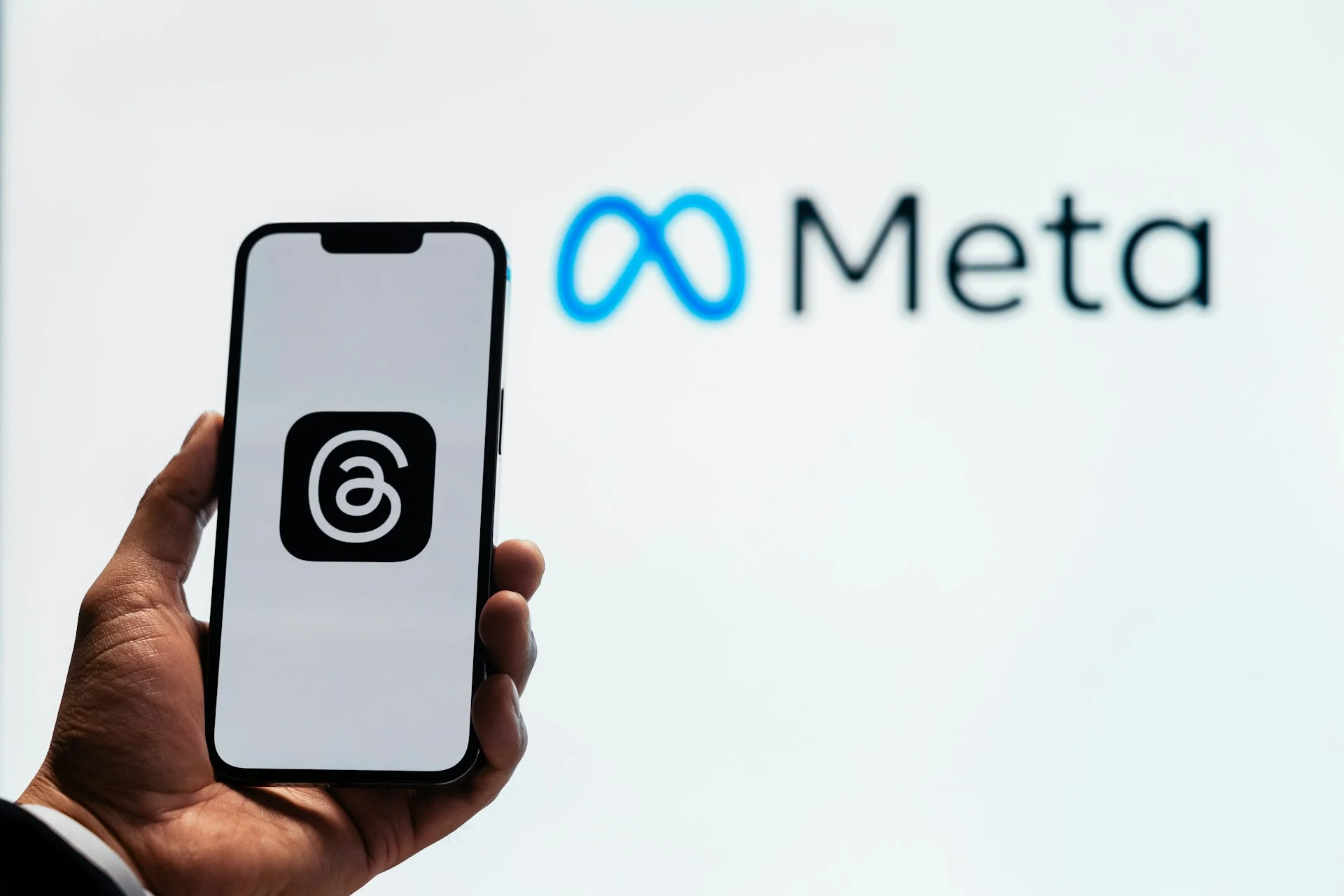In March 2020, as the COVID-19 pandemic was taking hold around the world, a nonprofit in San Francisco called the Internet Archive launched something called the National Emergency Library. With physical libraries closing around the world, students, researchers, and readers of all kinds were finding themselves cut off from resources. The Internet Archive, upon the hue and cry for help, made millions of books accessible online through the NEL-a lifeline. But its good intention was soon awash with hot water from publishers. Eventually, the courts ruled that the Internet Archive had overstepped its bounds, which is really a blow to an organization which many say is a public good.
Against that ruling, I wanted to show my support for the Internet Archive by posting a brief message of support on Threads, Meta’s new social media platform. My followers were largely people standing at the intersection of technology and media, so I assumed my post required no explanation. That isn’t how things worked out.
The Backlash Nobody Expected
Threads’ algorithm, designed to surface content for the purpose of engagement, had bubbled my post to a much larger audience than I had anticipated. Instead of the tech-savvy users, my post landed in the feeds of users who had wildly different interests. Most were surprised that many of them were upset, accusing me of failing to provide context for my comment. Even more shocking were the accusations of “engagement farming” thrown my way-a term I had never heard before in this particular context.
Engagement farming, I soon learned, is a term describing the act of posting content for the sole purpose of getting likes, shares, and comments on it. Actually, the term perplexed me. Why would anyone assume I was posting with the express aim of garnering engagement? What could have led to that perception?
Meta’s Secretive Creator Program
The answer, it seems, has to do with Meta’s relatively less-known creator program, which pays out influencers to post on Threads. The logic is simple: lure in popular influencers, entice them with money, and voilà-the user count goes up. It is not exactly some chump change, either-an influence can make as much as $5,000 off of a single post. There is one catch: the program is invite-only, and it’s primarily handed out to established Instagram influencers-a group to which I decidedly do not belong.
Exclusivity and secrecy around Meta’s creator program have translated to a complete lack of transparency. Since users in the program are not openly tagged, there is no way of telling who is and who isn’t in Threads. The result is suspicion by default. Where users could make upwards of thousands of dollars on a single post, now users are more or less defaulting to an assumption where they believe that everybody is farming them financially rather than for actual engagement.
The Erosion of Trust
This assumption is understandable in many ways but comes with its many consequences. Over time, the deeper questioning of other’s motives erodes the very foundation of social media: trust. If every post is made to see whether one may get something in return, then authenticity becomes a rather rare commodity. In a world where misinformation is running free on platforms like X (formerly known as Twitter), the risk for Threads is that every view, every like, and every comment is looked at with skepticism-a breeding ground for fake engagement.
Let me be clear: if I were part of Meta’s creator program-again, I am not-I would not change my behavior. I would only disclose that fact, because transparency engenders trust. But in all reality, many users might not be quite so upfront. The more users join the platform, competing for eyeballs, the greater the incentive to game engagement by any means necessary, and the quicker the race to the bottom will go, where authenticity is sacrificed in the service of views.
A Fragile Future for Threads
The situation of Threads touches vital problems about the future of social media. Is it possible to authentically express our individualities in a world where trust is on the constant decline? It seems like the platform’s expansion may result in a decrease in the quality of social relationships. These are the questions that Meta needs to deal with if it wants to realize its vision of a truly sustainable and reputable platform.
RehumanizeBeing a user, I’ve learned how fast distrust can arise in this online environment. The increase of engagement farming and the unreliability of Meta’s creator program are just the start. Unless Threads takes measures to solve these problems, the possibility of the platform becoming a space for real communities, close-knit and meaningful, may be up to a thread.
Links for SEO:
- Internet Archive: Learn more about the Internet Archive.
- Meta’s Creator Program: Explore Meta’s creator program and its impact on social media.
- Engagement Farming: Understand the concept of engagement farming.
- Social Media Trust: Discover how trust in social media is evolving here.
MORE NEWS: Tech News


